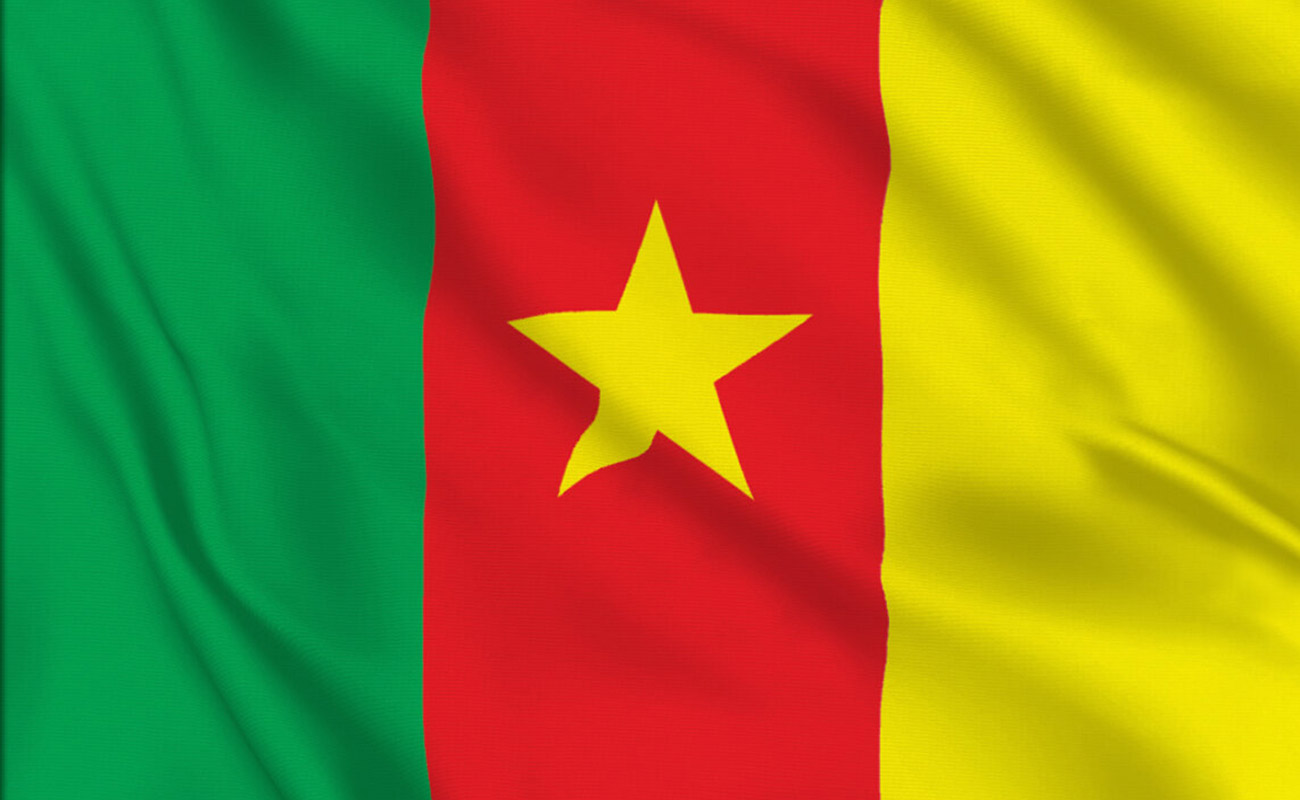
By Adam Abass
Any Cameroonian under the age of 40 has never known any president other than Paul Biya. Biya, who ascended to power in 1982, has dominated the country’s political space for more than 40 years and has manoeuvred his way into power through his stranglehold on major sectors, including the electoral commission, the military, and the judiciary. The Central African country is scheduled to hold its Presidential election by October 2025, and President Biya is expected to run for the office for the eighth term. While President Biya has not officially declared his intention to run for the office, his party and some other factions of the opposition have declared their support for the president.
President Biya has often manipulated the electoral process and exploited the division within the opposition to cling to power. However, as the election draws closer, amid rising public outcry over the cost of living, high crime rate, and growing insecurity, there is increasing discontent among the populace against the Biya regime.
In my examination of the political space as the election edges closer, three issues dominate political discourse. The issue of governance during the over 40 years of Biya’s rule, the unrelenting violent conflict involving the separatist group and the Boko haram insurgency, as well as the succession crisis likely to emerge after Biya’s departure, remain critical. While these issues carry significant weight, they are unlikely to determine the outcome of the election if Biya, despite his fragile health, decides to run for office due to his overarching control of Cameroon’s political establishment. Yet, these issue holds significant sway over the current and future trajectory of the country.
Biya’s governance outlook has been nothing short of mixed results. When he came to power in 1982, he floated the idea of political liberalisation, democratic values, civil and human rights and economic advancement. While he has moderately achieved some of these objectives, the daily reality of the ordinary Cameroonian suggests otherwise. The economy of the country has been resilient, but remains impeded by slow growth, with adverse impact on the citizenry, as poverty rates rises, foreign debt increases and the oil revenue-generating industry declines. Nevertheless, the IMF has projected GDP growth of at least 3.6 per cent this year. On the political front, Biya is credited with creating a multi-party system, albeit the ruling party’s dominant stronghold of the country suggest otherwise – coupled with repression and arrest of political opposition. In addition, the deeply corrupt state system, particularly among the ruling elites, has impeded projected development. Above all, Biya’s recurrent absence from the country has eroded public trust in his administration, leaving the country governed by a vague and distant government.
Secondly, the enduring separatist conflict in the Anglophone region – amidst the government’s refusal to cede national territory and sovereignty – combined with the forthcoming election, has led to renewed fear and uncertainty. The rebellion in the region emerged in 2016 over the perceived marginalisation of the English-speaking population, leading to protests and the central government’s overwhelming reaction of deploying the use of force and carrying out mass arrest to quell the demonstrations. The protest quickly spiralled into a full-scale war, with the Ambazonian separatist group calling for the autonomy of the Anglophone Southwest and Northwest regions. Similarly, in the Far North region, Boko haram’s threat still looms large and poses a significant danger to regional stability. The beginning of the year coincided with the resurgence of Boko haram insurgents conducting lethal attacks with advanced weaponry across Lake Chad. In the Anglophone region, separatists have called on the population to boycott the election, as renewed uncertainty emerges. Every election period in the region is characterised by increased violence and a heightened risk of tension in the embattled region.
Lastly, the issue of succession remains a recurring topic in Cameroon – both on the street and within the political circle. Biya’s unidentified successor adds uncertainty to the already fragile political landscape. President Biya has maintained a one-man rule over the country, which obscures any clear indication of who might emerge after his departure. Analysts have pointed to his son, Franck Biya, as a potential successor – following the precedent of other long-term African authoritarian leaders in Chad and Togo – but Biya’s son is ostensibly apolitical and absent from the political scene, which likely nullifies such claims. Other prospective successors include the Prime Minister Joseph Ngute and Secretary to the Presidency Ferdinand Ngoh; popular opposition figures have also been speculated to be in the succession race. The multiple players on the succession scene demonstrate the difficulty and power tussle likely to emerge after Paul Biya.
This election might be one of the most consequential elections in the history of the country, as uncertainty clouds the political scene, with Biya’s defeat still unclear despite his frequent absence from the public eye. One thing remains certain: the succession crisis is likely to plunge the country into instability. How the country manages to navigate this stage remains unclear as its future hangs in the balance.
